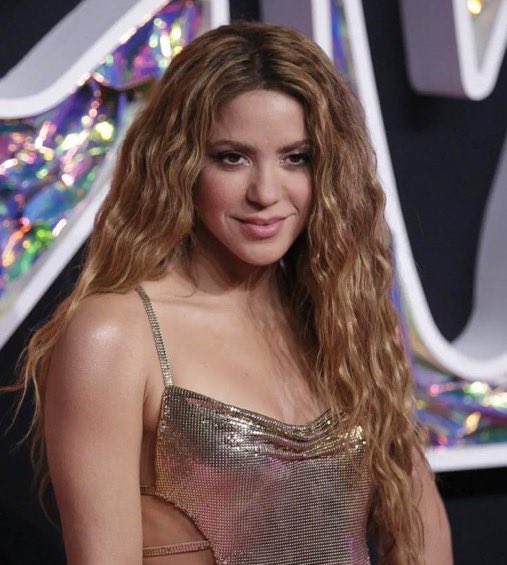Shakira on Barbie Movie has sparked a firestorm of debate with her recent comments on the critically acclaimed live action “Barbie” movie. The Colombian pop icon ignited social media after revealing her sons’ dislike for the film, suggesting it portrayed men in a negative light. This has reignited the conversation about gender roles, empowerment, and the impact of pop culture on young audiences.

Here’s what she said about the movie.
“My sons absolutely hated it. They felt that it was emasculating. And I agree, to a certain extent. I’m raising two boys. I want ‘em to feel powerful too [while] respecting women. I like pop culture when it attempts to empower women without robbing men of their possibility to be men, to also protect and provide. I believe in giving women all the tools and the trust that we can do it all without losing our essence, without losing our femininity. I think that men have a purpose in society and women have another purpose as well. We complement each other, and that complement should not be lost.”
Shakira on Barbie Movie: Empowerment for All
Shakira’s core argument centers around achieving gender equality without diminishing masculinity.
She emphasizes her sons’ discomfort with the film and expresses her own reservations, stating: “I want them to feel powerful too [while] respecting women.”
This resonates with many parents who navigate a complex world where traditional gender roles are being challenged.
Was Barbie Too Pink for Boys?
The “Barbie” movie, directed by Greta Gerwig and starring Margot Robbie and Ryan Gosling, explored themes of self-discovery and defying expectations within a fantastical world inspired by the iconic doll line.
While praised for its humor and meta-narrative, some viewers felt the portrayal of “Kens” as less capable than Barbies reinforced negative stereotypes about men. Shakira seems to echo this sentiment, advocating for a message that empowers both men and women.
Beyond the Glitter: A Deeper Look at Masculinity
Shakira’s comments raise important questions about the portrayal of masculinity in pop culture. Are strong female characters inherently emasculating? Can men and women be equals while still embracing their unique strengths? These are complex issues with no easy answers. However, sparking dialogue is crucial in creating a more nuanced understanding of gender roles for future generations.
Is There a Gender Empowerment Gap in Pop Culture?
Shakira highlights a potential gap in pop culture messaging. While strong female characters are increasingly prevalent, narratives that empower men alongside women might be lacking. This could inadvertently create a sense of competition or insecurity between the sexes. Finding a balance where both genders feel valued and empowered is key.
The Importance of Diverse Representation
One crucial takeaway from this debate is the importance of diverse representation in storytelling. Boys need to see positive portrayals of masculinity that go beyond traditional tropes. Movies, TV shows, and other forms of media should showcase men in a variety of roles, highlighting their strengths, vulnerabilities, and emotional depth.
Social Media Divided: Fans and Critics Weigh In
Shakira’s comments have predictably divided social media. Some fans applaud her for speaking out and advocating for a message that celebrates both femininity and masculinity. Others criticize her for misinterpreting the film’s message, arguing it promotes gender equality rather than male emasculation.
The “Barbie” Movie: A Catalyst for Conversation
Regardless of your stance on the film itself, the “Barbie” movie has undeniably become a catalyst for conversation about gender roles and representation.
Shakira’s comments have reignited this vital discussion, prompting us to examine how pop culture shapes our understanding of masculinity and femininity.
Moving Forward: A Message of Unity and Respect
Ultimately, the goal should be to create a world where both men and women feel empowered to reach their full potential. This requires stories and narratives that celebrate strength, diversity, and mutual respect. By fostering understanding and open communication, we can ensure a future where everyone, regardless of gender, feels valued and can thrive.
Join the Conversation!
What are your thoughts on Shakira’s comments and the portrayal of gender roles in the “Barbie” movie?
You may also like:
1 thought on “Shakira On Barbie Movie: Is Barbie Bad for Boys?”
Comments are closed.